Prenota una visita
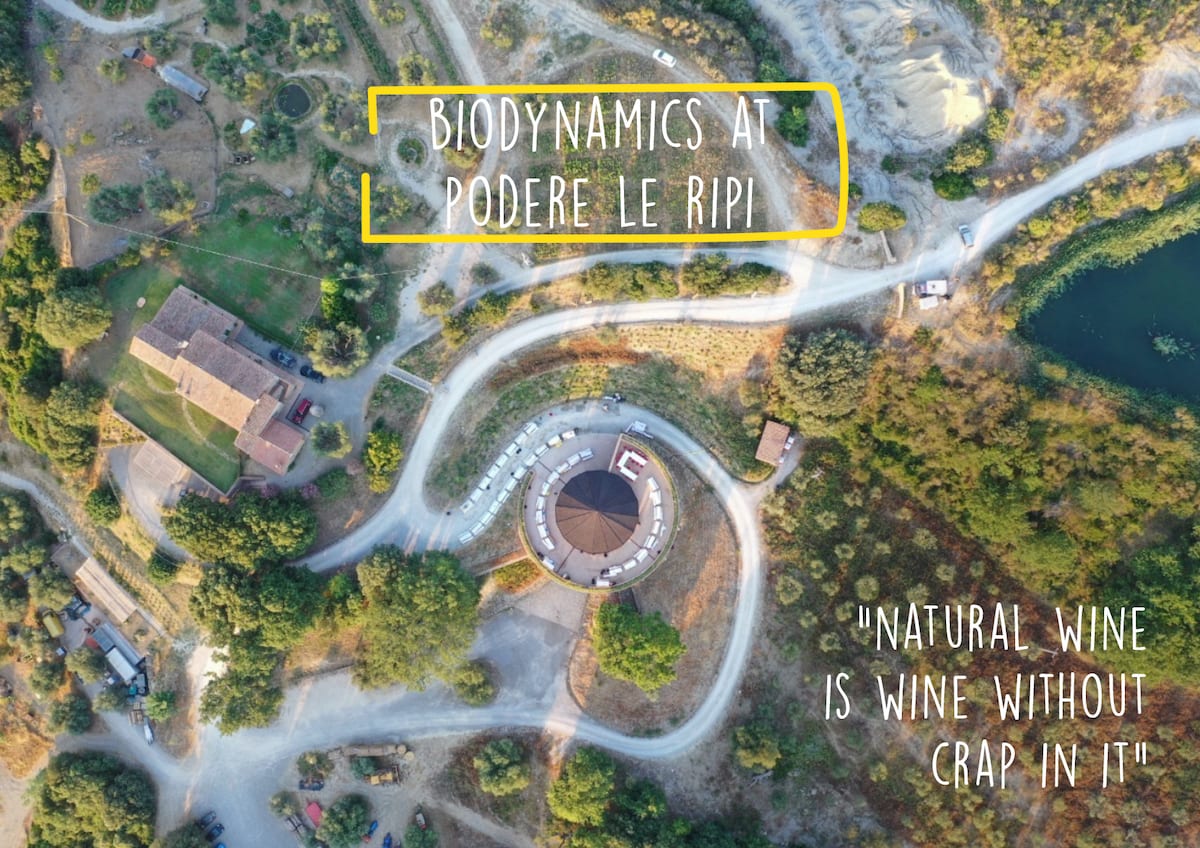
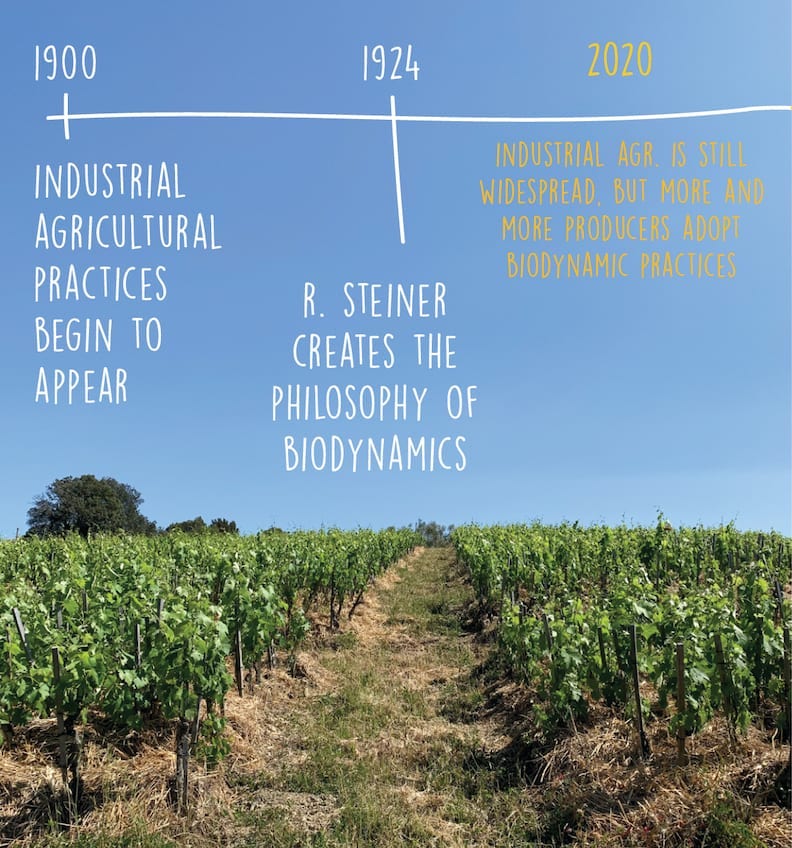
A philosophy created by Rudolf Steiner in 1924 as a way of opposing the industrialization of agriculture and the increasing use of pesticides and chemicals which were ruining the soil’s quality. He borrowed a page from our ancestors and takes a spiritual and homeopathic attitude towards agriculture.
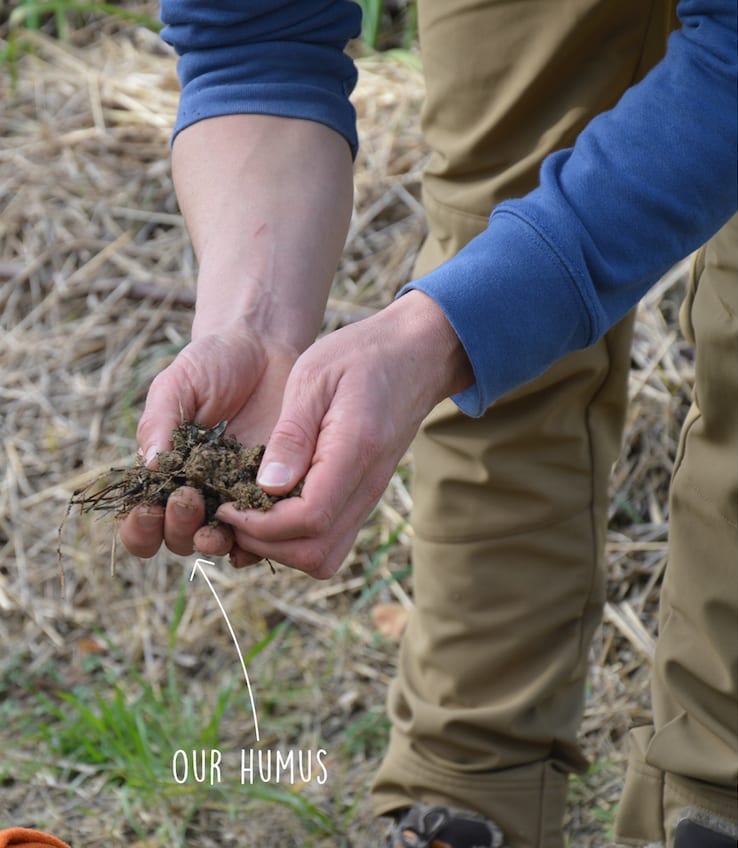
Organic farming is recognized worldwide as a good alterative to conventional farming, which is too addicted to chemicals and intensive farming models. It is based on responsive techniques where you preserve the fruit or vegetable mostly with organic molecules and limit quantities of additives in order to reduce pollution. However it does not state anything about soil sustainability, humus regeneration and the life cycle within a farm organism.
This is why we transitioned from an organic agriculture to a biodynamic one.
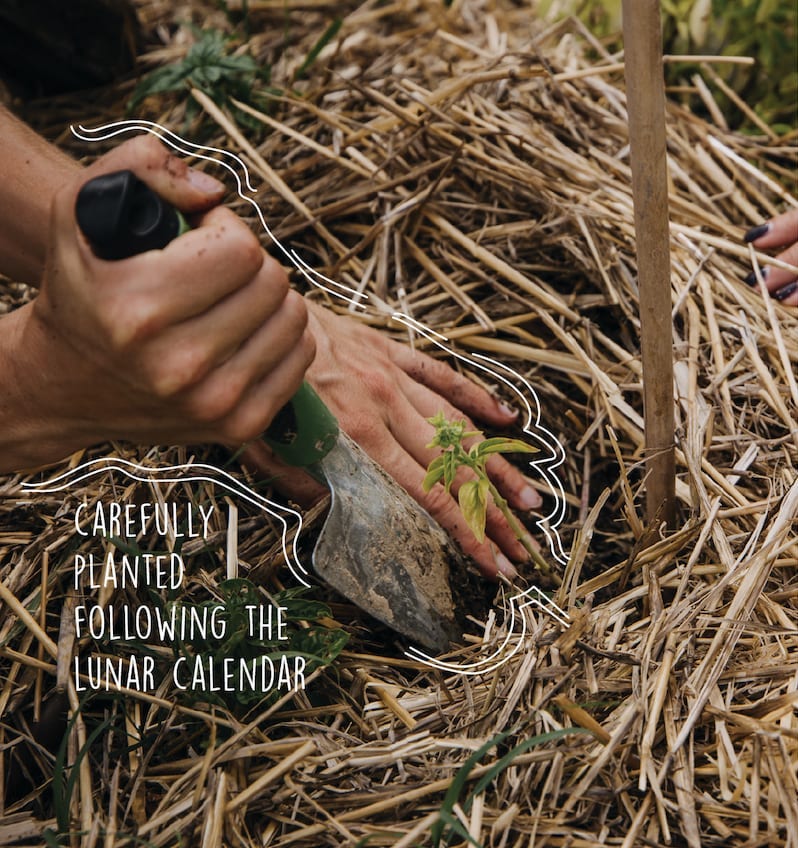
Making sure our land is alive, harmonious and vibrant is our purpose, to guarantee long term sustainability.
We commit seriously with all natural forces, to reinforce them and stimulate the whole life cycle, using very specific biodynamic preparations, infusions and our compost.
We’re slightly obsessed with humus and the soil’s organic matter…
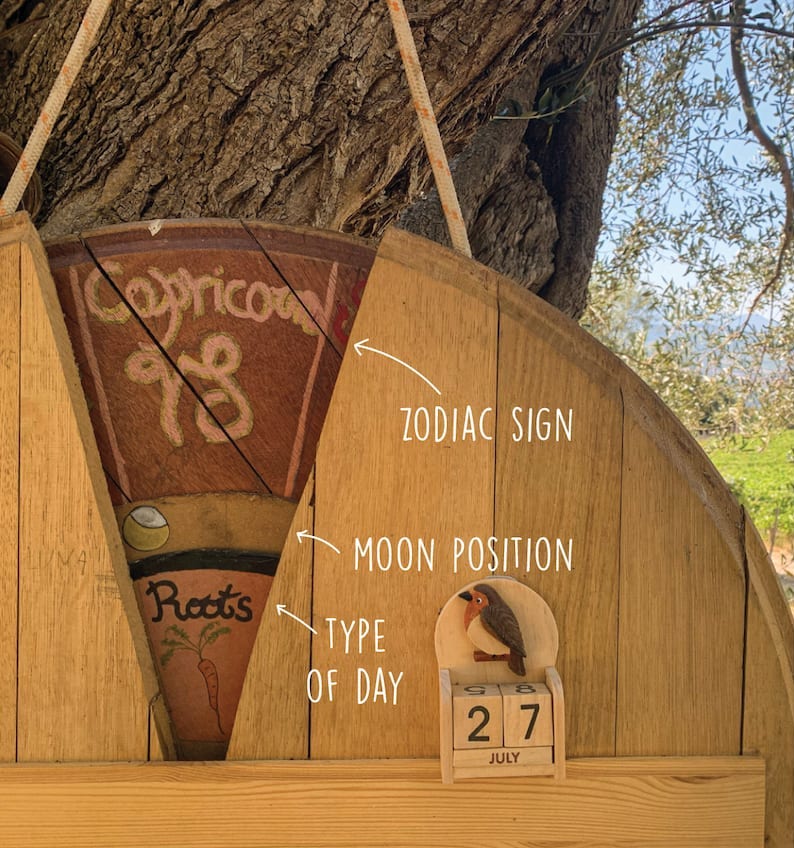
We also use a moon and constellation calendar to guide us through the main operations that go on in the vineyard and cellar, in order to try and host animals and biodiversity within our land.
This is why we dedicated a wide area to our synergic garden, our olive groves, woods, a lake and wilderness that surroungs all our vineyards. This is how a place becomes a real, living organism, made up by animals, plants and humans all cooperating.
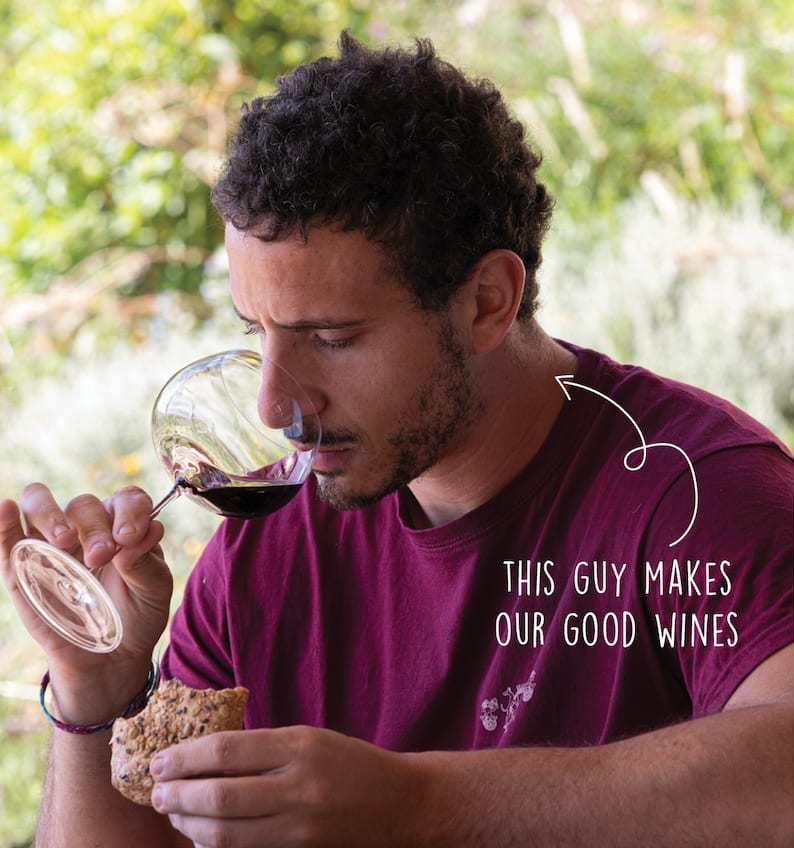
At Podere Le Ripi we believe that wine of the highest quality can only be achieved by respecting the land we have and to conserve it in the best way we know how for future generations. The best wine is one that expresses its terroir, and we believe that in order to do so, we must ensure a perfect balance, harmony and sustainability in the vineyards. This translates into a healthy and authentic terroir, which is the perfect expression of a land, its people and traditions.
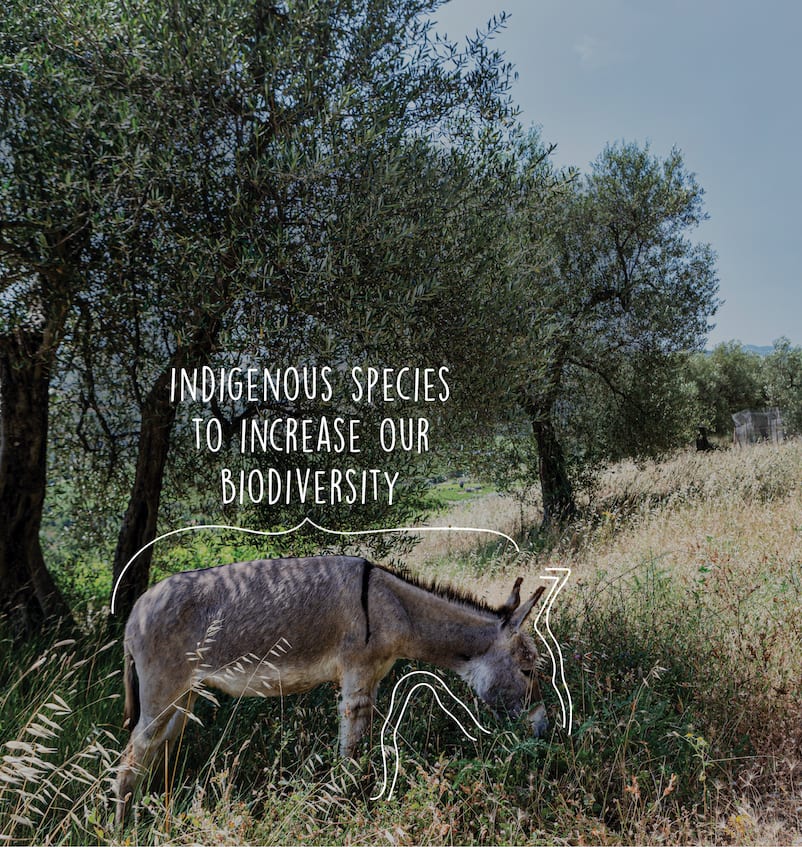
In order to be as biodynamic and as self-sufficient as possible, we decided to plant a vegetable garden and to dedicate a space beneath our olive groves to indigenous animals such as a Chianina cow and Monte Amiata donkeys. Creating the garden had two purposes: to amplify the level of biodiversity of flora and fauna and to prepare our biodynamic preparations ourselves.
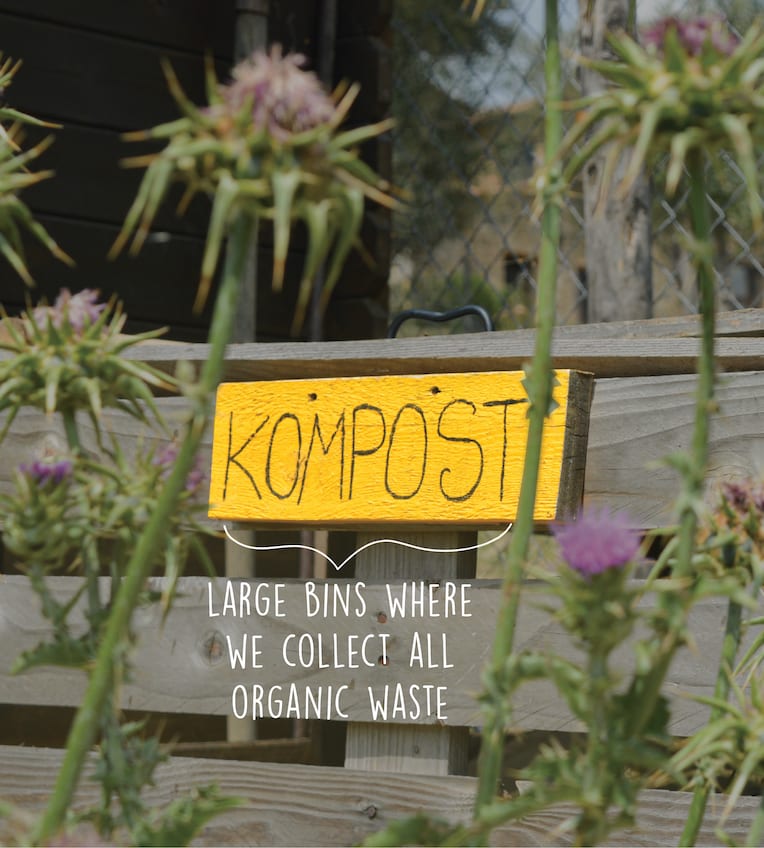
The addition of the vegetable garden and space for grazing animals helped us become the most self-sufficient we could be. All the organic waste from both the animals and plants goes directly into our compost bins. Once the waste has broken down and decomposed, we use it to produce our humus, and to fertilize the soil.
Compost helps the process of humification within the soil. It is fitted into a cow’s horn and placed underground for 6 months where it ferments and transforms into humus.